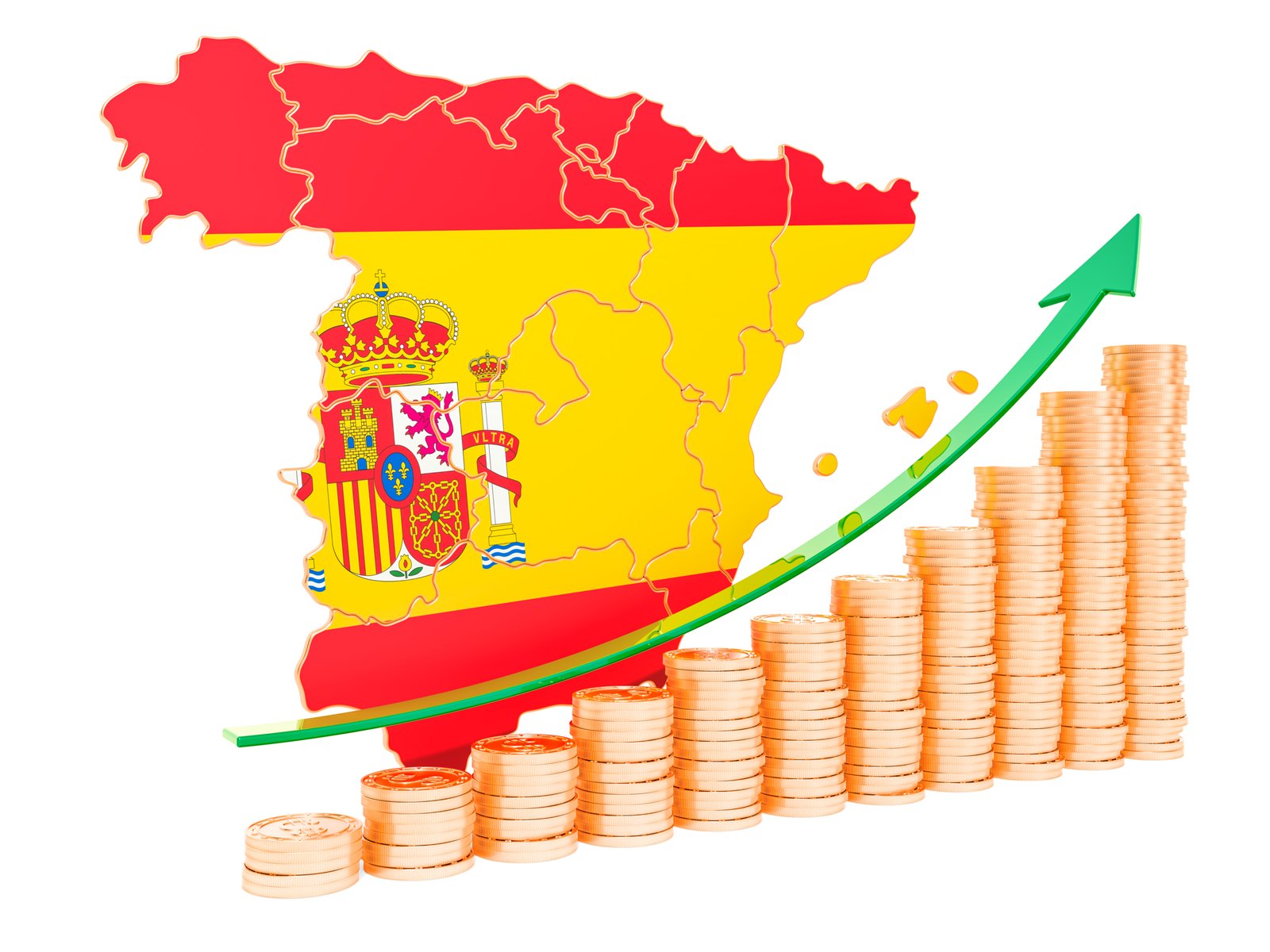- Spain’s economy leads EU growth, surpassing Germany, France, and Italy.
- Tourism boom: 94 million visitors in 2024, boosting employment and GDP.
- EU Next Generation funds (€163 billion) fuel infrastructure and green energy.
- Spain is Europe’s second-largest renewable energy producer.
- Labor reforms drive unemployment down to 10.6%, its lowest since 2008.
- Key challenges: public debt, housing crisis, and sustainability concerns in tourism.
Tourism: A Driving Force of Economic Growth
On a mid-winter afternoon in Segovia, tourists from around the world gather beneath the city’s iconic Roman aqueduct. Among them, Elena Mirón, a local guide, reflects on the post-pandemic resurgence of Spain’s tourism industry. “There was a moment during Covid when I thought tourism would never return to its previous levels. But now, things are very good.”
Spain welcomed a record 94 million visitors in 2024, competing with France as the world’s top tourist destination. The boom in tourism has significantly contributed to Spain’s economic growth, which outpaced Germany, France, Italy, and the UK in 2024, achieving a GDP increase of 3.2%.
Beyond Tourism: A Diversified Economic Model
Spain’s success is not solely dependent on tourism. Carlos Cuerpo, Spain’s business minister, highlights the country’s balanced economic model, which includes strong contributions from financial services, technology, and investment. The resilience of these sectors has allowed Spain to recover from the pandemic without long-term economic scars.

EU Recovery Funds: A Catalyst for Modernization
Spain is one of the largest beneficiaries of the EU’s Next Generation recovery funds, set to receive up to €163 billion by 2026. These funds are being used to modernize infrastructure, invest in renewable energy, and support small businesses. Key projects include improvements to the national rail system, expansion of low-emissions zones, and incentives for the electric vehicle industry.
Managing Economic Challenges
Despite Spain’s economic success, challenges remain. The country has faced inflationary pressures due to supply-chain disruptions and the impact of the Russian invasion of Ukraine. However, government interventions, including subsidies and the “Iberian exception” agreement to cap gas prices, have helped mitigate the effects of rising costs.
The Role of Renewable Energy and Industry
Spain has emerged as a leader in renewable energy, holding the second-largest infrastructure for green energy in the EU. This is a key advantage for industries such as automobile manufacturing, where Spain ranks as Europe’s second-largest car producer. Industry leaders, including Wayne Griffiths of Seat and Cupra, see vast potential in Spain’s transition to electric vehicle production.
Employment and Labor Market Reforms
Unemployment has historically been a weak point for Spain’s economy. However, job market reforms aimed at increasing stability have contributed to a decline in the jobless rate to 10.6% in late 2024, the lowest since 2008. A record 22 million people are now employed, and labor policies favoring permanent contracts over temporary ones have helped improve job security.
Immigration and Demographic Challenges
Spain’s workforce is also benefiting from immigration, which has become a politically charged issue. Prime Minister Pedro Sánchez has emphasized the vital role of immigrants in sustaining economic growth, especially in light of Spain’s aging population.
Future Challenges: Debt, Housing, and Tourism Backlash
Despite its strong growth, Spain faces structural challenges. Public debt exceeds the country’s annual economic output, prompting concerns over financial stability. Additionally, a housing crisis has made affordable accommodation scarce for many Spaniards.
Meanwhile, a growing backlash against over tourism in cities like Barcelona and Madrid raises concerns about the sustainability of the tourism sector. Addressing these issues will be crucial for maintaining Spain’s economic momentum.
Spain’s Economic Outlook
The European Commission projects that Spain will continue to lead economic growth among the EU’s major economies in 2025. However, navigating fiscal imbalances, housing shortages, and political divisions will be key to sustaining long-term success. While challenges lie ahead, Spain remains Europe’s economic powerhouse for now.
This report was written by Guy Hedgecoe, Business reporter for the BBC.





Join The Discussion